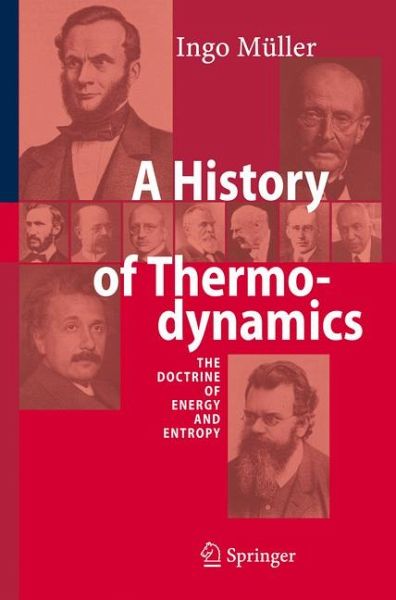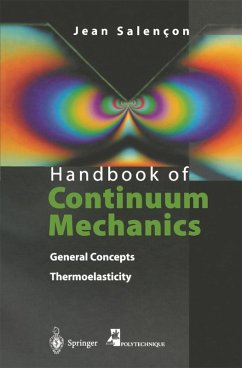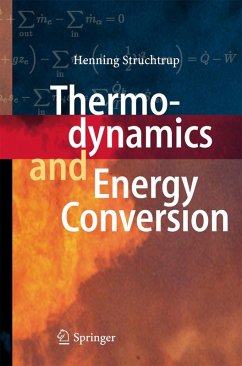
A History of Thermodynamics (eBook, PDF)
The Doctrine of Energy and Entropy
Versandkostenfrei!
Sofort per Download lieferbar
152,95 €
inkl. MwSt.
Weitere Ausgaben:

PAYBACK Punkte
76 °P sammeln!
The development of thermodynamics in the second half of the 19th century has had far-reaching impact on both technology and natural philosophy. True, the steam engine was converting heat into work before thermodynamics was developed as a branch of physics. But the systematic theory improved the conversion process, along with refrigeration and rectification and myriad other processes essential to modern life. So, thermodynamics has assisted humanity with cheap energy, cheap fuel - and cheap, abundant, safer food. Thermodynamic research led to quantum mechanics, and to stellar physics. The expan...
The development of thermodynamics in the second half of the 19th century has had far-reaching impact on both technology and natural philosophy. True, the steam engine was converting heat into work before thermodynamics was developed as a branch of physics. But the systematic theory improved the conversion process, along with refrigeration and rectification and myriad other processes essential to modern life. So, thermodynamics has assisted humanity with cheap energy, cheap fuel - and cheap, abundant, safer food. Thermodynamic research led to quantum mechanics, and to stellar physics. The expansion of thermodynamic technology and natural philosophy is reviewed in the book along with the struggles and fates of some of the engineers and physicists who pioneered the development.
Dieser Download kann aus rechtlichen Gründen nur mit Rechnungsadresse in A, B, BG, CY, CZ, D, DK, EW, E, FIN, F, GR, HR, H, IRL, I, LT, L, LR, M, NL, PL, P, R, S, SLO, SK ausgeliefert werden.













